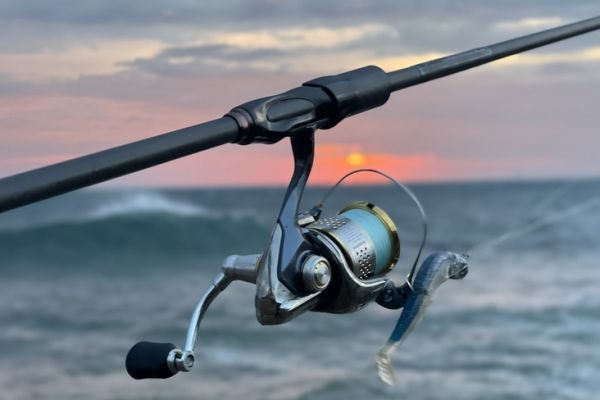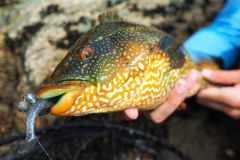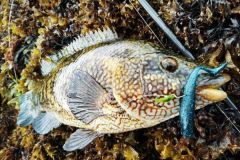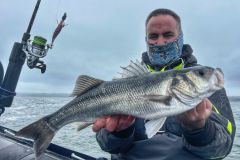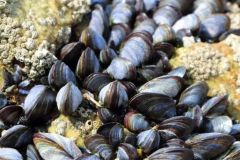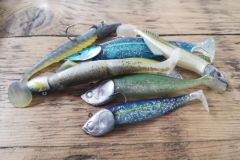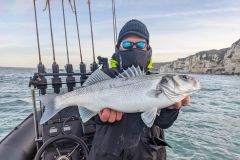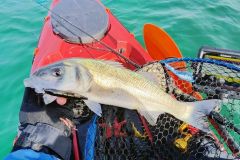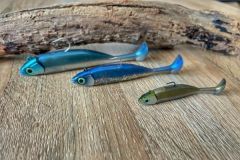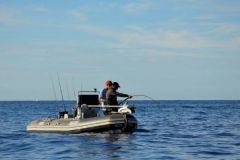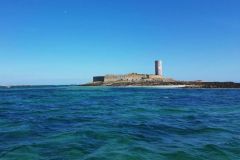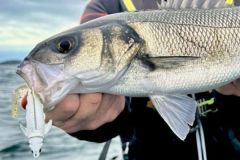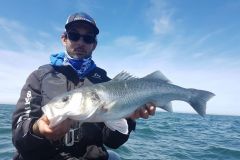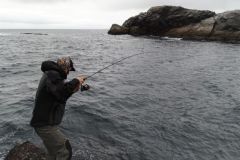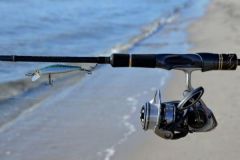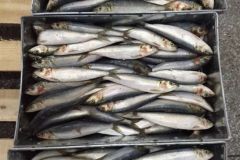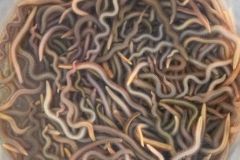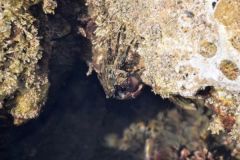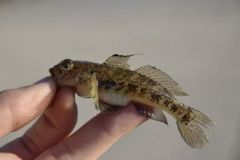What makes one spot better than another?
You'll have seen for yourself: some fishing spots are very productive, while others are much less so, or even completely deserted. Why such disparity?
Let's take a look at what attracts euro and non-euro fish to an area.
Almost all predators operate in the same way. They are present in an area as soon as it offers them sufficient food resources, and on a regular basis.
To achieve this, the nature of the underwater terrain and substrate is essential. These elements must be able to shelter prey (crustaceans, shrimps, worms), but also provide refuges for the predators themselves. Riprap and seaweed provide excellent shelter.
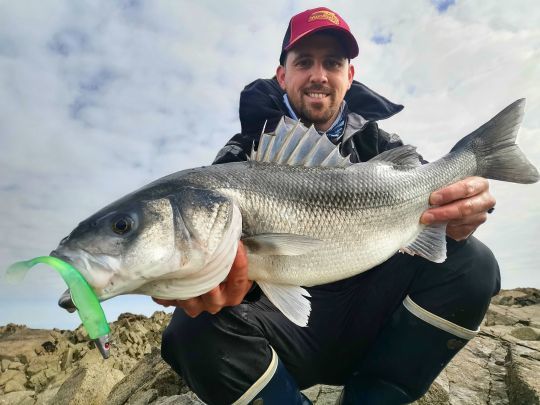
If I don't catch anything, is it a bad spot?
The absence of a catch is by no means definitive proof that a spot is bad.
To get a real idea of a spot's potential, it's best to fish there at different times of the tide.
Fish are not always present in an area. Whether you're on a rising or falling tide, the current will not be the same, and consequently the presence of fish may vary.
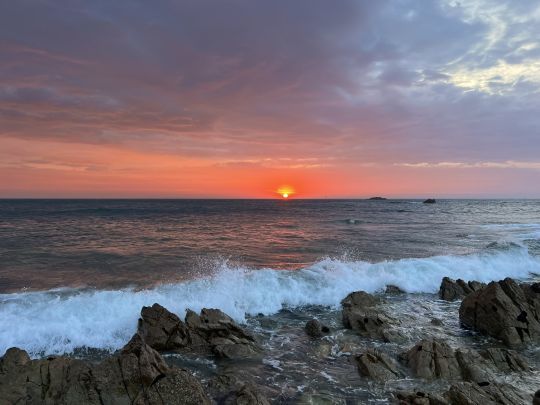
Seasonality is also very important. I know of fishing areas that are very rich in fish in spring, then become much less rich later in the season. Vary the times you fish the same area to get a real feel for it.
How to locate the best zones?
Here's a question that comes up a lot: how do you find an area suitable for sea bass fishing, for example, from the shore?
Taking into account what makes a good area for predators, all you have to do is stroll along the coast at low tide and observe the environment.
Along the foreshore, you can discover what's hidden underwater when you're fishing. Note the presence of algae in which predators can hide.
Take the time to turn over a few western stones to see if crabs or shrimps are hiding there. The latter are among the sea bass's favorite prey.
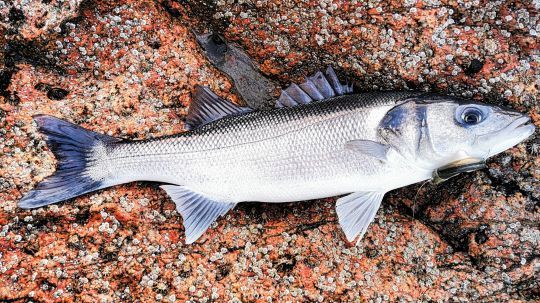
You can also try to locate certain areas using satellite imagery before heading out to check with your own eyes. This method of observation and scouting will help you better target areas where sea bass are likely to be found, including rocky areas, seaweed, food-rich estuaries, and places where the current is moderate, favoring the presence of prey.
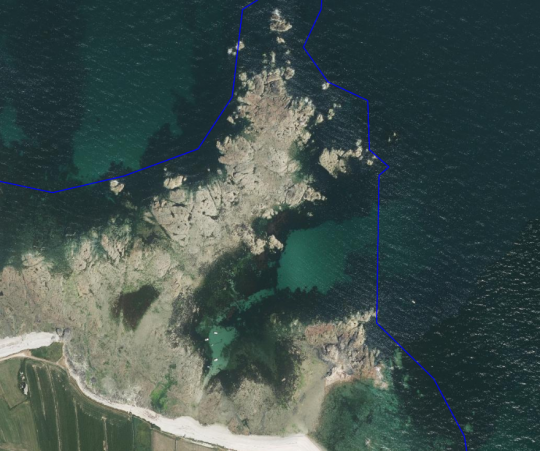
Trust your instincts!
That's without a doubt the best advice I can give you!
As your outings progress, you'll gather experience and instinctively say to yourself, "Here, it smells like fish!"
You have to rely on your instincts, which are constantly improving. Your instinct, combined with unfailing perseverance, is sure to lead you to promising fishing grounds.
Personally, this is how I work: when I find a promising area that appeals to me at first sight, I persevere by fishing it at different times of the tide, with different coefficients, and of course using different techniques.
It's rare for an area with all the characteristics needed to harbor predators to be completely deserted, and never shelter a single fish.
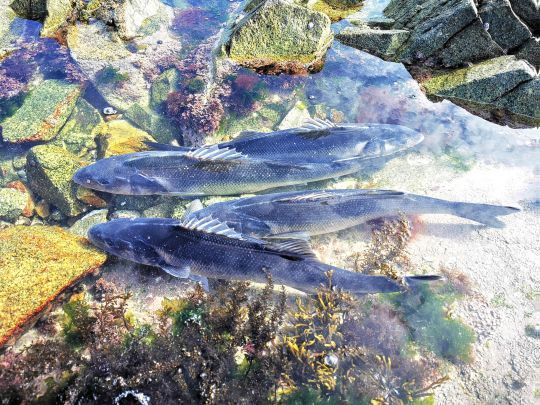
Some areas will be richer than others, as they are capable of holding fish, while others will only stop passing fish.
